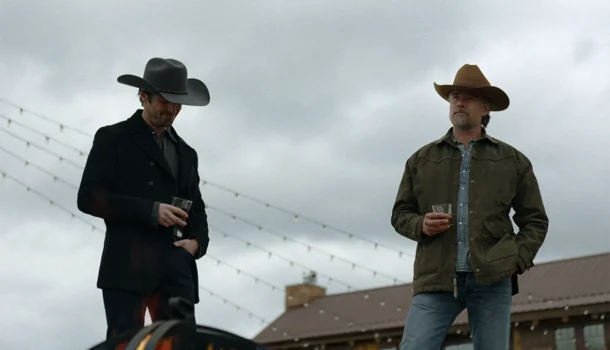When captivated by the allure of the unattainable, human beings find in the impossible a kind of illusory comfort: the belief that distance shields them from failure. By setting as a goal that which, by definition, escapes their grasp, the individual spares themselves from facing their true weaknesses, channeling their energy into delusion. On the other hand, when desire is within reach but demands courage and exposure, disinterest takes hold, masked by excuses bordering on disdain. This dynamic reveals a mind ensnared by the seduction of the improbable, intoxicated by fantasies so grand they become unbearable to realize. In this logic, what is possible is neglected for not feeding the grandeur of imagination, while the improbable gains importance precisely because it remains out of reach. The fear of failure, thus, disguises itself as boundless ambition, pushing the individual to inhabit a mental space where achievement becomes an avoidable burden.
Amid this perverse logic, attainable desires are suffocated by fabricated neuroses, as if they were pests infesting fertile ground. The mind, enslaved by its own idealizations, rejects the tangible in favor of daydreams that, though fascinating, nullify any concrete attempt at fulfillment. These are delusions that cannot bear mere existence — they must dominate, incite suffering, and corrupt reason. In this scenario, fear becomes an eloquent master, capable of convincing one that confronting reality is a greater danger than any unfulfilled fantasy. The result is a cycle of self-sabotage, in which the nearness of the possible is viewed with suspicion, and the impossible is revered as refuge.
Stories of the West have traditionally revolved around revenge, wounded honor, and confrontations between men hardened by the land they tread. “Ransom Canyon”, however, reclaims this foundation to transcend the formula, endowing it with new layers. Here, the conflict is not confined to the classic struggle between ranchers and outsiders, but extends into the realm of emotions, losses, and human attempts to start anew amidst the physical and emotional aridity of Texas. Staten Kirkland, an emblematic figure, represents not just the rancher marked by tragedy, but the man forced to relearn how to live under the weight of definitive absences. His journey, punctuated by silences and hardening, forms the axis around which contained affections and thwarted desires revolve.
Quinn O’Grady, who returns to the place she vowed to abandon, carries with her not only the memory of frustrated dreams but the restlessness of one still seeking meaning. The reunion between her and Staten, marked by advances and retreats, sets the pace for a narrative that thrives on the tension between what is withheld and what is revealed. It is not, however, a simple romantic interplay, but a dance between temperaments shaped by opposing experiences. He, resistant to suffering; she, a gentleness that hides scars. The series, directed by a quartet that favors emotional depth over the genre’s typical action, turns the barren landscape into a mirror of its characters: vast, impenetrable, and yet full of possibility.
“Ransom Canyon” does not merely reinforce archetypes — it subverts them. Minka Kelly, as Quinn, rejects the role of the predictable heroine and shapes herself into an ambivalent figure, strong yet wounded. Ellie Estevez, portrayed by Marianly Tejada, brings dissonance, representing not the traditional Western woman, but a strategist of the present, shrewd and ruthless. These female presences heighten the narrative tension, suggesting that the patriarchy ruling the Texan plains is far from unquestionable. By delving into the Kirklands’ agrarian and familial dilemmas, the series goes beyond easy entertainment, offering a sharp look at legacies and disputes that span generations.
Thus, more than a contemporary Western, the production establishes itself as a reflection on the weight of the land and the price of bonds, on battles fought with both weapons and emotions. The past returns, not as an enemy to be vanquished, but as an unsettling mirror, forcing each character to revisit choices and redefine paths. “Ransom Canyon”, therefore, riding between the classic and the modern, between the epic and the intimate, reconfigures expectations of the genre, doing so with the skill of those who know that the most inhospitable deserts are often the ones we inhabit within.
Series: Ransom Canyon
Creator: April Blair
Director: Amanda Marsalis, Meera Menon, Michael Offer and David McWhirter
Year: 2025
Genres: Western/Drama
Rating: 8/10

